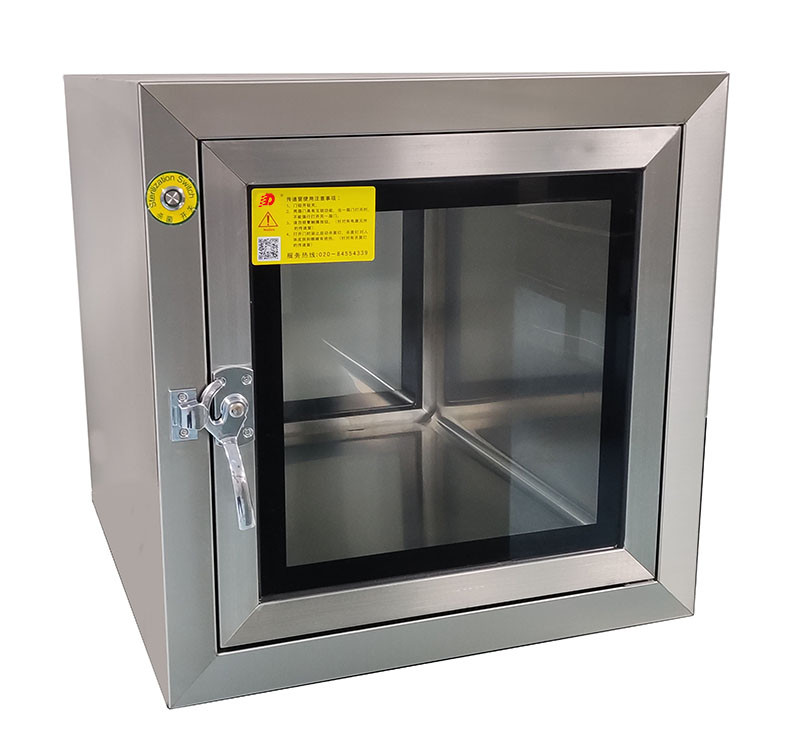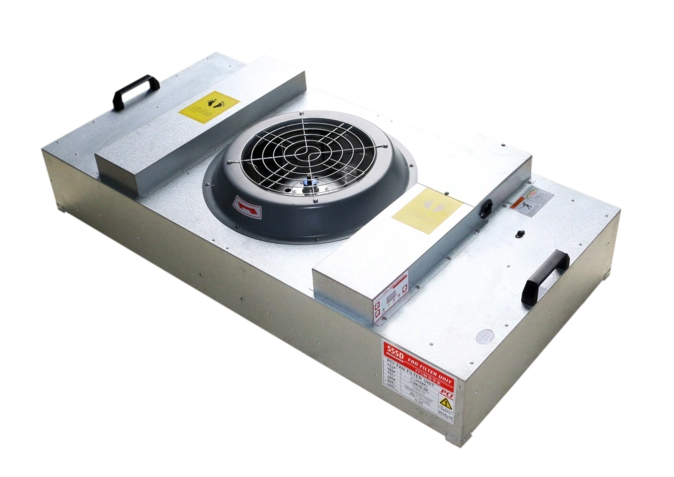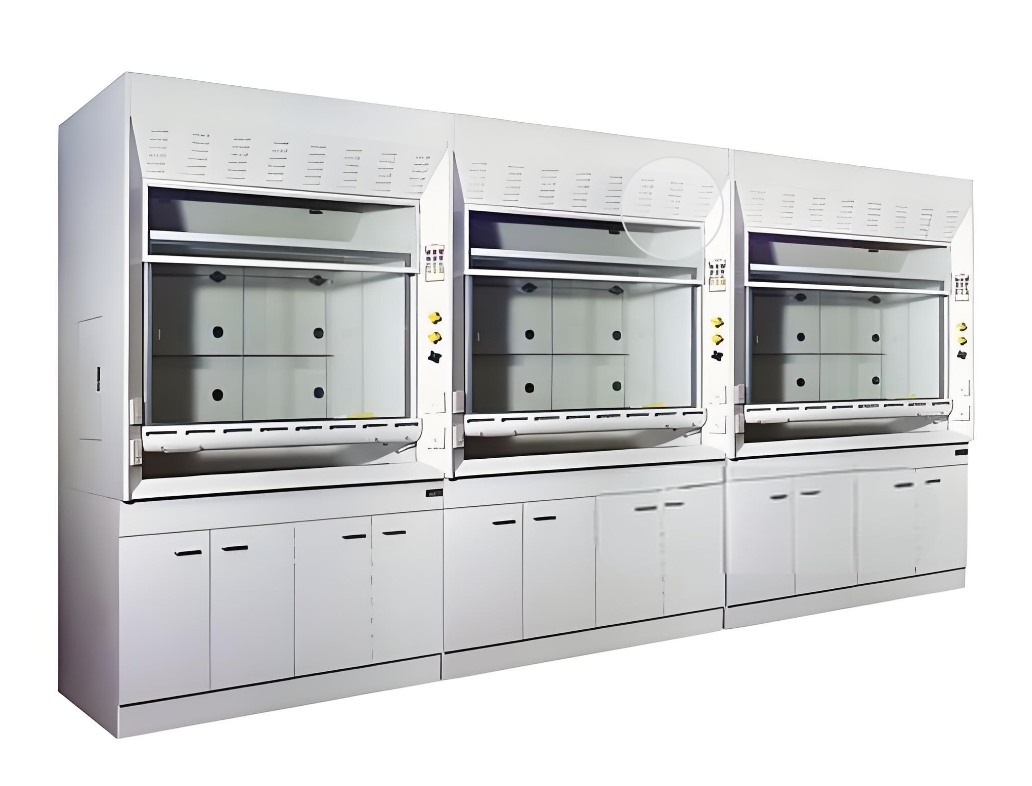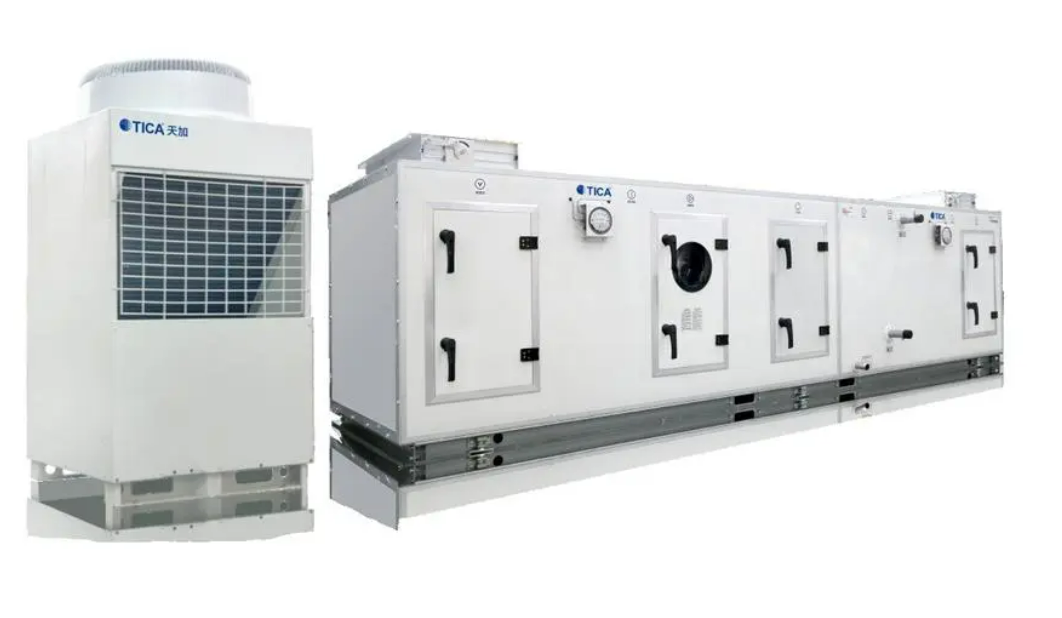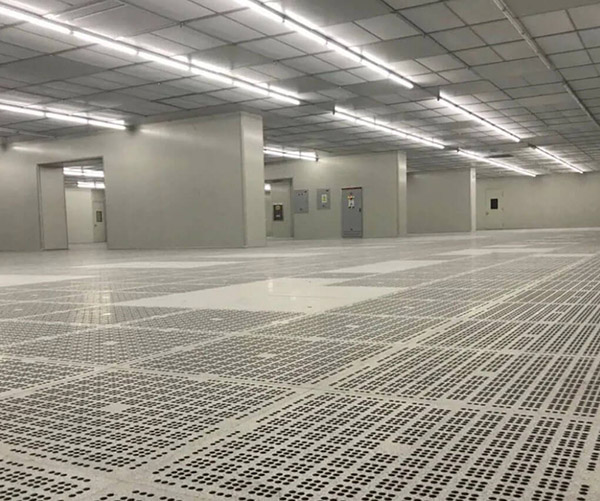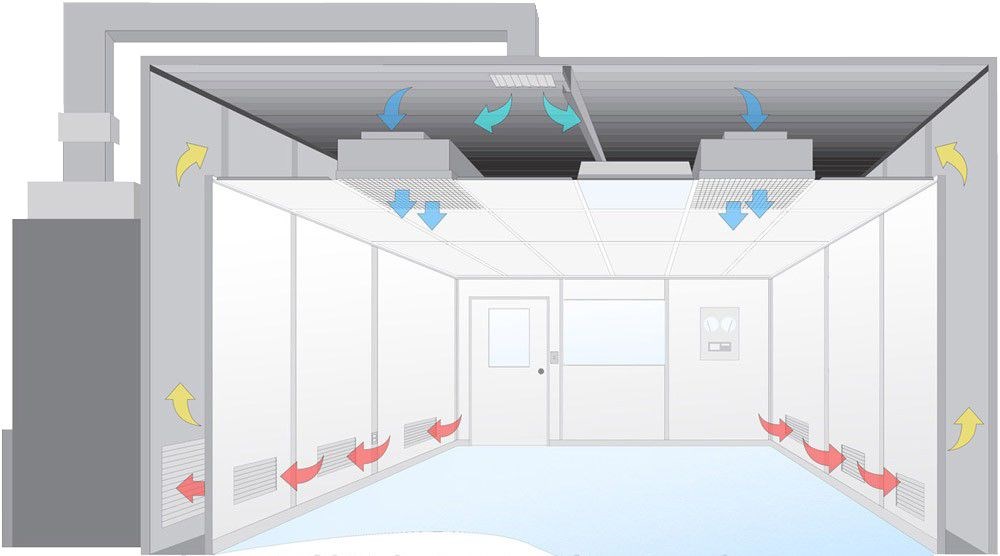Viruses, bacteria and fungi can wreak havoc in environments that must be highly clean. This applies to hospital operating theatres and patient isolation rooms, as well as research and development laboratories and the Pharmaceutical industry.

Protecting the Product
Drugs must be produced under strictly controlled conditions, otherwise their quality may be compromised – and they will not perform their intended medical function. The large-scale production of modern drugs involves many different areas, such as aseptic filling lines and solution preparation areas, all of which must maintain the highest standards of safety and cleanliness, so background contamination must be stopped from entering the production chain.
Protecting the Public
The pharmaceutical industry needs to ensure that its products are “as advertised” – otherwise they will not be effective in treating the conditions they are taken for. Contamination can also lead to unwanted side effects, given that patients taking these drugs may be more susceptible to infection. Therefore, it is vital to reduce the risk of any contamination.
Protecting Employees
Many drugs are made from hazardous chemicals, and any unwanted contamination can pose a safety hazard to those working within the laboratory and compromise the quality of the product. Even if employees follow all recommended guidelines (e.g. protecting their eyes and skin, cleaning up spills quickly, washing hands frequently), there are still risks, which Microbiological testing can help you identify.
Compliance
Due to the potential risks involved, the pharmaceutical industry is highly regulated. The Medicines and Healthcare Products Regulatory Agency only grants licenses to companies that meet relevant quality control standards, including sampling. The agency visits sites to check that companies are following so-called good manufacturing practices, and distribution arrangements are also monitored.
An additional level of safety is provided by the GMP guidelines, a health technical memorandum set by the Ministry of Health to manage air quality. In some pharmaceutical laboratories, LEVs can be used to ensure air quality, otherwise the product may be contaminated. In both cases, Dawan Testing can perform all legally required tests.

Protecting the company
Pharmaceutical companies may be held financially and legally liable if one of their products is put on the market and subsequently found to be defective. As well as any damages they may have to pay, there will also be long-term consequences for patients.
Even if the problem is limited to one tablet or pill, sales of other products may be affected because consumer confidence in the company will be severely affected. The reputational damage to a company's brand name will be enormous, especially in this age of the Internet and social media, when notoriety can spread in a matter of minutes.
Microbiological testing

Since the pharmaceutical industry has high requirements for cleanliness, we pay special attention to regular and planned microbiological sampling inspections to verify the final results. At the same time, we recommend that compressed air testing should not be ignored. Compressed air pollution can also cause clean room microbial excess.
 +86 18186671616
+86 18186671616 Jason@cleanroomequips.com
Jason@cleanroomequips.com
 MENU
MENU







